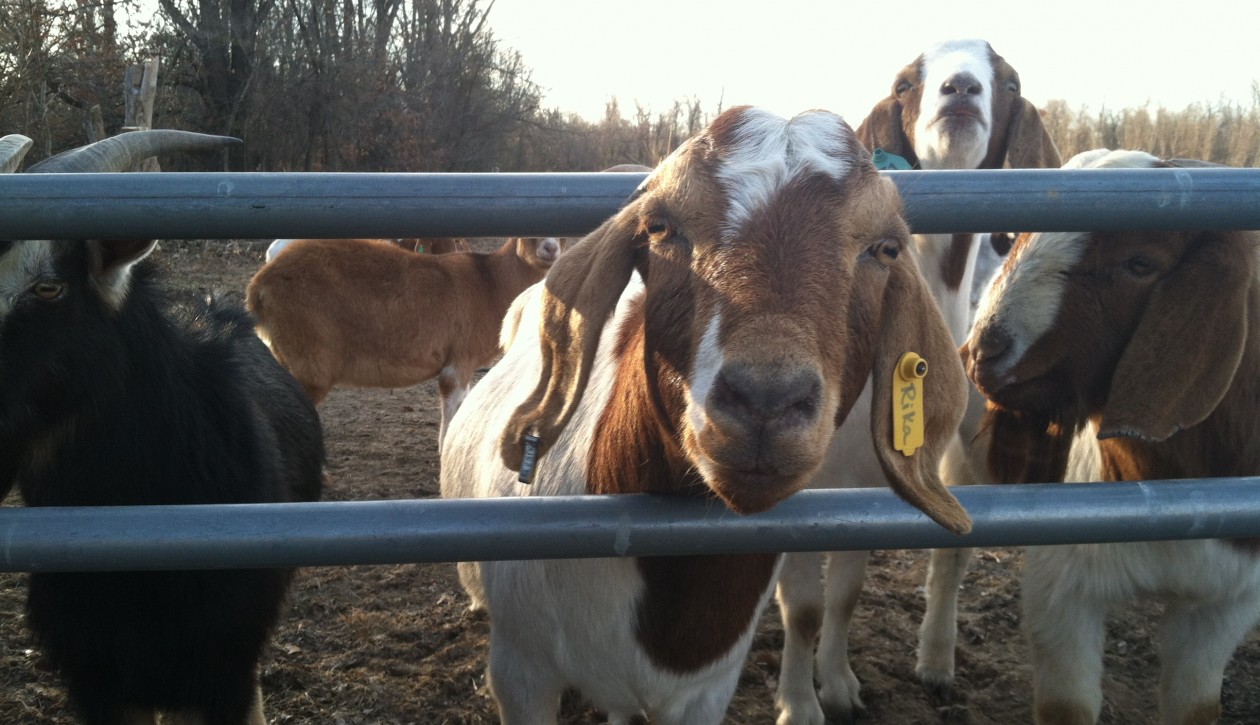“Find what you love and let it kill you”—Charles Bukowski
If I’ve learned anything this year it’s that farming can break you—and it will. It comes in crashing waves and then calls you back with the sweetest, most irresistible whisper than can only be calmed by the sweet smell of tomato vines lingering on your skin. They key, it seems, is finding a way to remember the things that call your knees to the soil. For me it is the smell of vegetables I have grown simmering in a dish that I will share with others, the long conversations over hours of weeding, the love for my brothers and sisters that comes naturally when I truly feel how connected we all are to this vast world we have grown upon and the people we have grown with. I carry these reasons at the base of my spine and on days when it doesn’t want to bend, when it cannot bend, I pull them out and let them sit around me. There are days where these words do not match up to the crop failure or the pests or the back pain, where you can idealize forever and that will not change the fact that part of your field is flooded. But so far, I always go back. Farming has an incredible way of bringing up the failures and forcing you to deal with them, forcing you to break and build again and again.
I have learned more about myself this year than anything else, I have learned things that I love, things that don’t work for me, but most importantly I have learned what sustains me and allows my creativity and generosity to flow. I now know well the precarious balance of loving people, loving this earth, and loving myself; farming has taught me how to face that head on. And, yes, I do say this with scars from bug bites on my ankles, a back I have to ice fairly regularly, calluses on my hands and feet (I’m honestly surprised I didn’t hurt myself worse this year). It is beautiful and it is dirty and I cannot imagine living any other way.
Now, having moved to Raleigh with the intention of being still as my next adventure, I look back on this past year and what lingers at the corners of my eyes are the people I met and the work they are doing to make this world as it was intended to be. Farming is not just about growing food, it’s about love and generosity and solidarity. It is about facing the realities of loss of topsoil, fracking, racism, bullying, war, sexism, mountaintop removal, death, to name only a few. All of these issues came up this year and finally I was in an environment where I felt like I could find a way to do something about it. It is becoming more evident to me that this lifestyle of connection to and dependence upon the land and the community around you is the way that I want to pursue goodness and change. I now face the challenge of finding how to live this way being settled in a city for an extended period of time and I think I’m up for it. As I slowly process the fact that I won’t be traveling or farming on a daily basis for at least a year it induces some panic, some excitement, and a lot of creativity to discover how to include what I’ve learned in my life here. But I have returned a completely different person with passions I had not allowed myself to hear before this trip. I cannot express how thankful I am to those of you who have supported us in so many different ways: with money, letters, food, friendship, books, housing, etc. Thank you to the wonderful people of Koinonia Farm, Green Hill Farm, McGirt Family Farm, Rabbit Moon Farms, Waxwing Farm, Edible Forrest Urban Farm, Bread and Puppet Theatre, and Blue-Zee Farm, you have impacted me more than you will ever know. I will never forget this year or anyone I have met along the way. Having experienced farming for what it truly is: hard work, community, good food, and more than anything else, love, I can say that I have found what I love.
So, with nostalgia and excitement, on to the next adventure!
–Lindsay












































